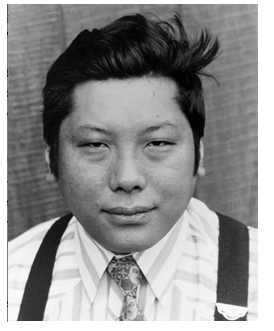
This morning, as I do most mornings, I stretched my mat out on the office floor (after having booted the cats out), placed my small red bench under my rear end, closed my eyes, took a couple of deep breaths, and for the next 15-30 minutes (I don’t keep track) I became a spectator to my various distracting thoughts as they floated into and out of my consciousness. On this particular morning, I was more distracted than usual, but that’s just the way it is sometimes.
Then I stretched my creaky knees and cranked out 30 pushups.
I’ve been practicing Vipassana, or mindlfulness, meditation for about 20 years now. I’m not any closer to Nirvana than when I started, but it’s certainly helped to clarify things as I’ve grown older. I might even say that my meditation practice has made it easier for me to navigate in the world. This is not an opinion that Tony Schwartz would share, however. In a New York Times column last week, Schwartz, the chief executive of the Energy Project and something of a personal growth guru, suggests that the benefits of meditation are overblown.
While he acknowledges the ample research that has revealed the overall health benefits of meditation, Schwartz goes on to note, “What I haven’t seen is much evidence that meditating leads people to behave better, improves their relationships or makes them happier.”
Schwartz is no idle spectator on this subject: He’s practiced for 25 years and interviewed dozens of other practitioners, including such notable meditators as Jack Kornfield. To build his argument, Schwartz quotes Kornfield thusly: “There were major areas of difficulty in my life, such as loneliness, intimate relationships, work, childhood wounds, and patterns of fear that even very deep meditation didn’t touch.”
Schwartz’s point is that you shouldn’t expect a meditation practice to solve your problems, make you a better person, or help you succeed in the world. This is certainly true. I know plenty of devout practitioners who struggle in their personal lives. The great Buddhist teacher Chögyam Trungpa, in fact, was a notable drunk, and at least a couple of our local gurus ran into trouble in recent years for sleeping with their students. But Schwartz is missing a central point of any Buddhist meditation practice: It’s not about the outcome, it’s about the practice. Trying to be completely present in the moment, attached to nothing but your breath. Anyone who enters into this discipline with expectations that it’s going to change their life is starting off on the wrong path.
Over the course of my 20-year practice, I do believe I’ve become more patient, more compassionate, (a little) less ego-centric. Is that because I sit on my duff with my eyes closed for 15 minutes most mornings? I haven’t the foggiest idea. And you know what? It doesn’t really matter.
Maybe it’s the pushups.
(Photo courtesy of Elephant Journal)
This Post Has 0 Comments